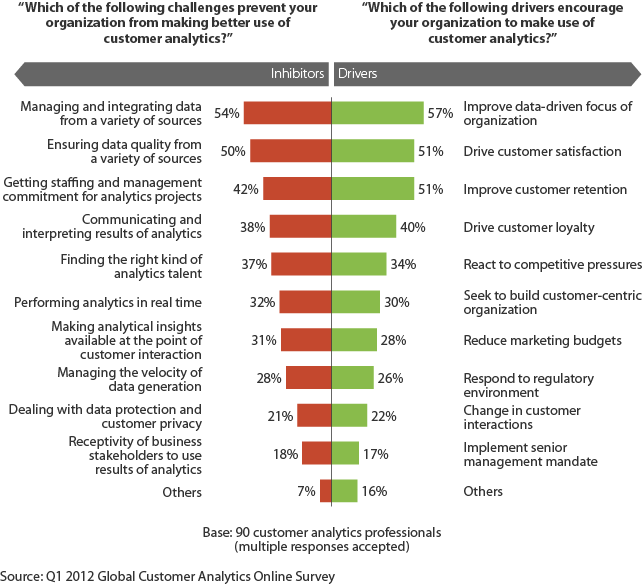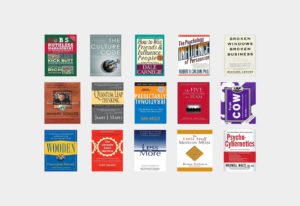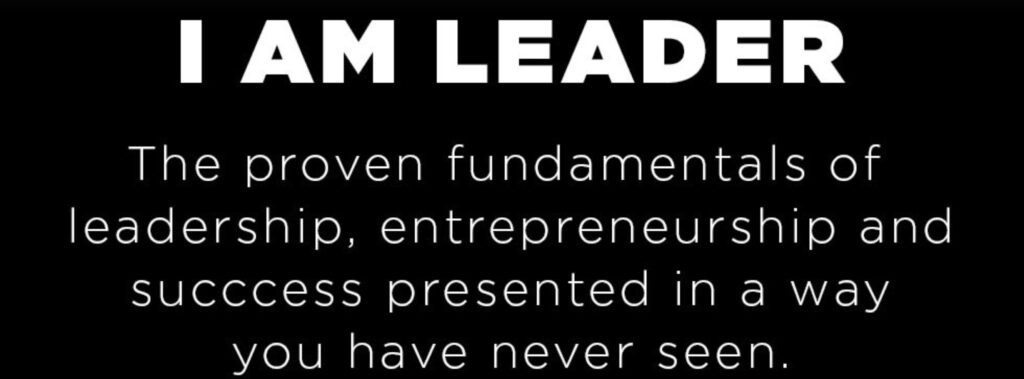When it comes to your business, whatever it may be, customers matter. Customers are the lifeblood of any enterprise and without them you won’t be able to stay afloat – at least not for very long.
The idea is simple. For your business to grow and develop and have increased revenues (and thus profits) it’s going to need a continual stream of customers walking through the door. It’s a no-brainer.
Your customer base may vary from that of your competitors but for the most part they would be a mix of old and new customers. In fact, it would be, for the most part, old customers. It can be said that your old customers are the most important aspect of your business. Without them you wouldn’t be in business for very long.
The idea of customer retention is a commitment by the customer to rebuy or re-patronize the products or services of your company consistently in the future. This commitment stays the same regardless of the influences of competitors and the market itself. In much simpler terms customer retention is all about keeping customers loyal so they stay with you through the life of your business.
Why retain a customer?
You’re probably thinking that it would be better to keep on going after new customers rather than retain the ones that you already have. While it does seem like a good idea it can be difficult.
- It is more expensive to go after new customers than it is to keep the ones you already have. Going after new customers means developing strategies and plans to introduce them to your business and to the products and services that you’re offering.
That being the case you will be spending a lot in marketing just to even get them interested so they will walk through the door. As business strategist and author of the book ‘The Loyalty Effect’ Frederick F. Reichheld said, a “5% increase in customer retention can lead to a 25-100% increase in profit” for your business. If you want to remain in business for a long time you would want to focus on your old customers more.
- It’s easier to find old customers. That’s because they are already there. With new customers you have to find where they are and target your marketing accordingly. This takes time and a lot more effort.
With your current customers, you already know where they are. Thus, it would be easier for you to find them and get their attention because you already have an address for them.
- It is easier to convert old customers to profit than new ones. That’s because they have already been exposed to your business and its products or services. That being the case they already know what to expect so they have already given you a certain level of trust.
Besides, people are often more likely to buy from a business that they have bought from before rather than from a business that is new to them. At the same time, since they already know about your products and/or services they are also more likely to buy more as compared to new customers who are still testing you out.
- It’s the old 20-80 rule. 20% of your customers do 80% of your business. It’s not the new ones either. It’s the repeat ones that keep coming back to buy from you. If you don’t keep your old customers those 20% will bring their business somewhere else.
The result will be that you will lose 80% of your revenue. Regardless of whether you’re a big business and especially if you’re a small one, that 80% has a major impact on the survival of your company.
Here’s an infographic about customer retention:

Explore more infographics like this one on the web’s largest information design community – Visually.
These are the benefits of customer retention and loyalty
When it comes to long-term success, customer retention and loyalty are probably the two most important factors out there. They offer any business a number of benefits that can mean the difference between success and failure.
- Re-purchases. This is a no-brainer. As already mentioned above it is easier to convert old customers than new ones. This means that it is easier to get old customers to keep buying the same product or service from you. The better your relationship with your old customers the more likely they will buy other stuff from you. This bodes well for your sales and product turnover.
- Cross purchases. Retention doesn’t just mean that old customers will keep on buying the same products or services from you. It also means that you can also get them to buy other products or services from you too.
There’s a certain level of trust that’s already connected with retained customers. As such, they are more open to buying from the same company as already mentioned above.
- Less price sensitivity. If you’re loyal to one brand you often accept the price of that brand even if it has gone up. The same is true if you have retained loyal customers. Because they are loyal they will accept any price changes and will still keep on buying from you.
- Free word-of-mouth advertising. It’s pretty much free advertising right here. Loyal old time customers will more often than not share information as to where they buy certain things to their friends and family. This means that if they buy products from you they will tell others about your business so you get new customers who come because of the referral.
- Less marketing cost. That’s because the longer they stay with you the lower the cost you have to spend in order to keep them. At the same time, because they do word-of-mouth marketing for you, whether out in the streets or in blogs and online forums you also get lower marketing costs when it comes to new customers. At the same time, their value increases relative to their cost since they buy more from you on a regular basis.
- Less migration. Customer who stays longer often means they are satisfied with your business and the products and services that you have to offer. That being the case they won’t be as likely to change and go to your competitors. This in turn will make it harder for your competitors to gain any market share.
Here’s a Forrester Study on Customer Retention that you can use.

The reasons you’re not retaining them
If you’re not able to retain and keep your customers loyal you could be in a world of hurt. If you lose your old customers you lose a big percentage of your sales (remember the 20/80 rule mentioned above). If this happens these may the reasons why.
- Issues are not getting resolved. One of the things that will turn customers off is if their issues do not get resolved. All customers want answers. This means that if they have a problem you should have a solution or an explanation as to why you don’t have a solution for them. As long as you are able to satisfy their quest for answers they will stay and they will keep coming back. Otherwise they will be out the door and won’t be back.
- You’re blind and deaf. Not as a physical handicap but in terms of listening to your customers and seeing what they want and need. Customers want business to know what they want. If you don’t listen to them they will go away. It’s not like it’s that difficult to listen to your customers.
- Get their feedback from surveys.
- Monitor what is being said about you and your business in forums and social media.
- You’re a wall. Which means you have no connection whatsoever with your customer. Communication is a key factor when it comes to creating connections. If you’re not communicating with your customers you’re not creating a connection with them. If you’re not creating a connection with them then they will feel that you’re alienating them. As a result, they will simply go away since they won’t feel welcome to your business.
So, are you retaining your customers? If you’re not, why? Is it really better than just grabbing new ones? Comment below.










